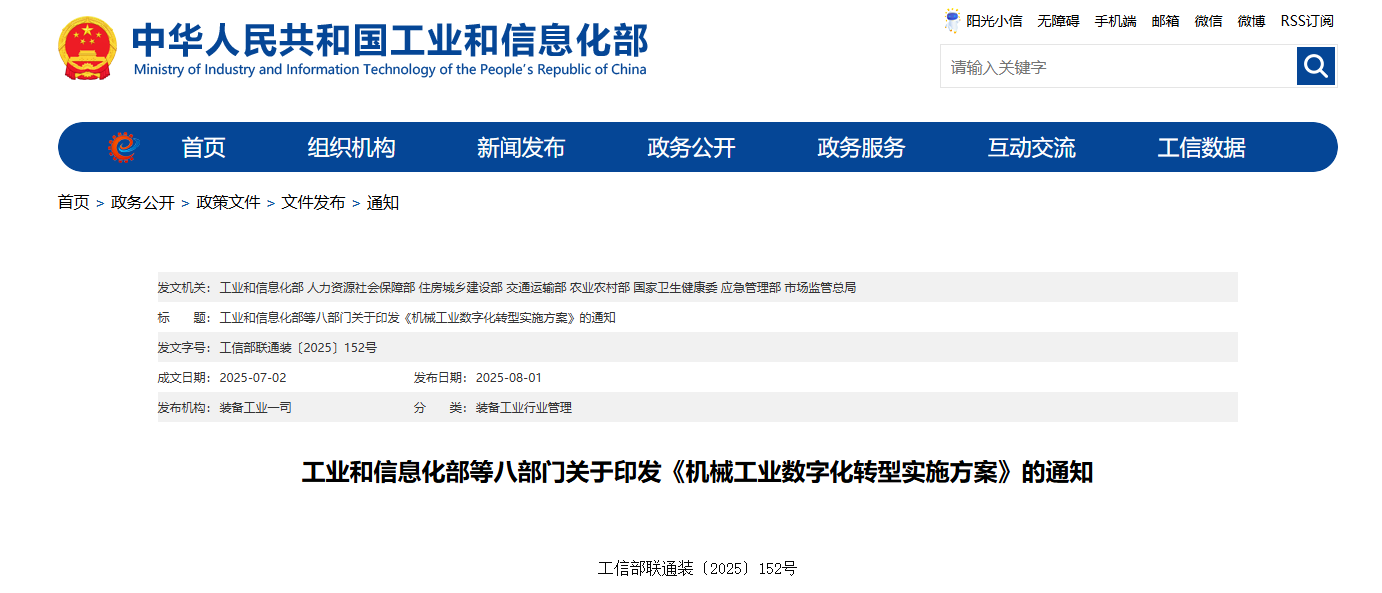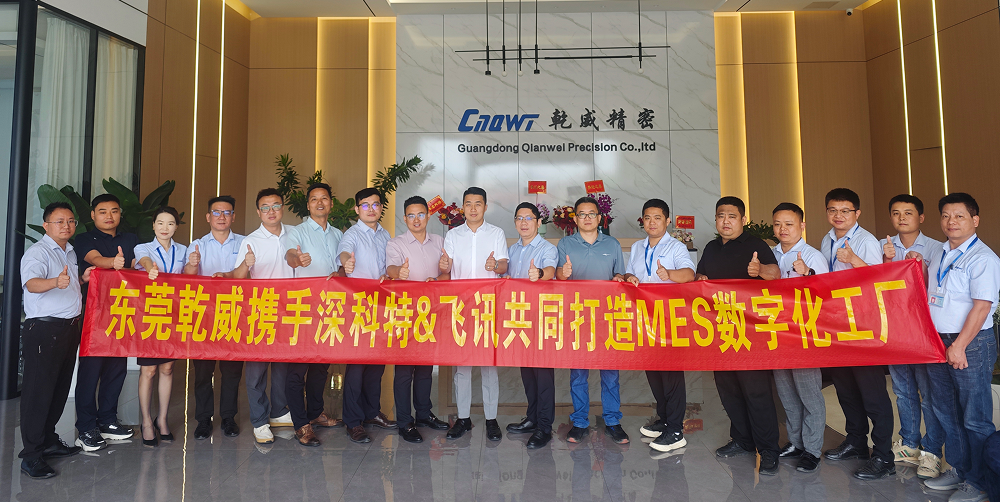MES系统在追溯管理中的应用

Title: The Application of MES System in Traceability Management
Introduction:
In today's fast-paced and highly competitive manufacturing industry, traceability management plays a crucial role in ensuring product quality, optimizing production processes, and meeting regulatory requirements. With the advancement of technology, Manufacturing Execution Systems (MES) have emerged as a powerful tool to streamline operations and enhance traceability. This article explores the various perspectives of using MES systems in traceability management.
1. Enhancing Product Quality:
Effective traceability management is essential for maintaining product quality. MES systems enable real-time monitoring of every aspect of the production process, from raw material procurement to product delivery. By capturing and recording data at each stage, manufacturers can quickly identify any deviations or issues that may impact product quality. With MES systems, manufacturers can implement automated inspections, track product performance, and detect defects in real-time, thereby ensuring consistent product quality.
2. Streamlining Production Processes:
MES systems provide comprehensive visibility into manufacturing operations, allowing manufacturers to optimize production processes. By integrating data from various production systems, such as inventory management, supply chain, and scheduling, MES can streamline workflow, reduce bottlenecks, and improve overall efficiency. Real-time data analysis and reporting enable proactive decision-making and timely adjustments, resulting in reduced lead times, improved throughput, and enhanced productivity.
3. Regulatory Compliance:
Compliance with regulations and industry standards is critical for manufacturers, especially in sectors like pharmaceuticals, food, and automotive. MES systems facilitate compliance by establishing a transparent and auditable traceability framework. Manufacturers can track and document key information such as batch numbers, expiration dates, and quality certifications throughout the production lifecycle. In case of recalls or audits, MES systems provide a complete audit trail, enabling quick identification and resolution of issues, and ensuring adherence to regulatory requirements.
4. Supply Chain Optimization:
Traceability extends beyond the factory floor; it also encompasses the entire supply chain. MES systems facilitate seamless integration between suppliers, manufacturers, and customers, resulting in enhanced supply chain visibility and collaboration. By capturing and sharing real-time data across stakeholders, manufacturers can track and trace materials, monitor inventory levels, and optimize distribution processes. This end-to-end traceability enables accurate demand forecasting, reduces stockouts, minimizes inventory holding costs, and improves overall supply chain efficiency.
5. Customer Satisfaction and Brand Reputation:
In today's consumer-centric market, customer satisfaction and brand reputation are paramount. MES systems enable manufacturers to provide accurate and detailed product information to customers, including the origin of raw materials, production process details, and quality certifications. With heightened transparency, customers can make informed purchasing decisions and develop trust in the brand. In case of product issues or recalls, MES systems facilitate swift and precise communication with customers, helping to maintain brand loyalty and mitigate potential reputational damage.
Conclusion:
The application of MES systems in traceability management has revolutionized the manufacturing industry. From enhancing product quality and streamlining production processes to achieving regulatory compliance and optimizing the supply chain, MES systems offer a multi-dimensional approach to traceability. Embracing these advanced technologies not only helps manufacturers stay competitive but also ensures customer satisfaction and brand reputation. In an era where traceability is of utmost importance, implementing MES systems is a strategic choice that can significantly contribute to the success of manufacturing operations.
��Ѷ���������2006�꣬ӵ�������з����뿪��ƽ̨����һ�Ҽ���Ӫ�������졢�ɹ���ȫ��·���ǻ��������Ʒ����̺ͷ����̡���Ʒ�������ֻ����䡢����������������������˾��MRO��ERP��MES��WMS��CRM��SRM�Ȳ�ƷΪ������Ϊ�ͻ��ṩ���ǻ��������巽���滮��������ܷ�����Χ���������Ǻͳ����ǵ����������ڰ����ͻ������к�ʵ�ʳ������ɴ��С��ɴ��µ����ֻ���Ӫ��ϵ�������������Ϣ�����������ֻ��;������ܻ��������⣬Ϊ��ͬ��ҵ����ͬ��ʵ�ֲ�ͬ�ľ�ӪĿ�ꡣ























请先 登录后发表评论 ~